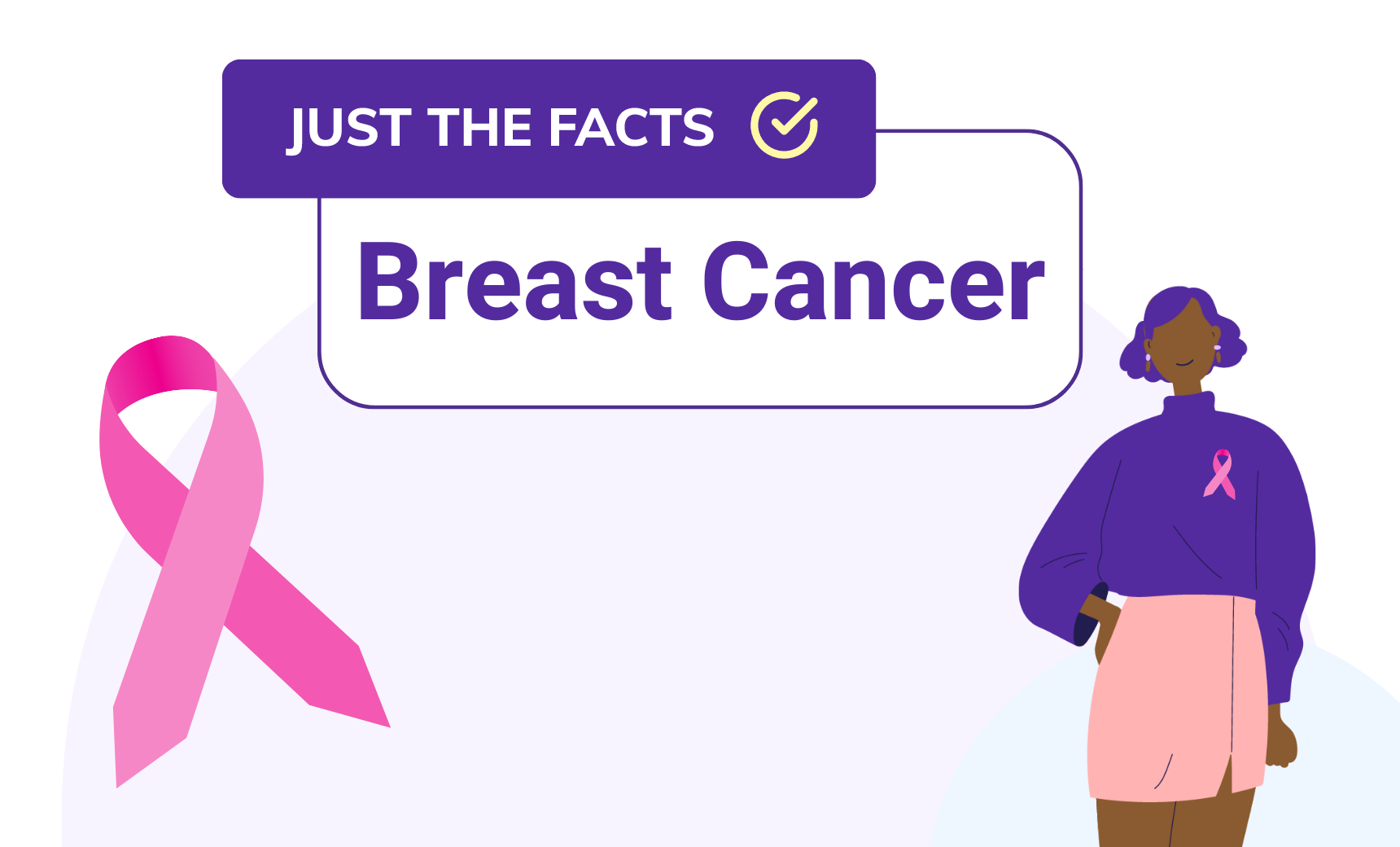The ABCs of CMPs (Comprehensive Metabolic Panels)
“An ounce of prevention is worth a pound of cure.” – Benjamin Franklin
Outside of obvious indicators of discomfort, pain, or illness, our bodies can be a complete mystery to us. All too often, we don’t recognize early warning signs for illness and chronic conditions. And by the time we do, we have to pay thousands of dollars in medical fees and expensive procedures.
That’s why a comprehensive metabolic panel (CMP), also known as a chemical screen, is so helpful. A CMP identifies and highlights areas of concern and sets you and your healthcare provider on the right track to fix the problem—before it’s too late.
Read on to learn more about how a CMP can detect changes in your health, when to expect a CMP, and how to prepare.
What does a CMP measure?
A CMP assesses the levels of certain chemical substances that provides clues to how your body is functioning. As this handy chart shows, each of the substances measured is directly linked to an important bodily process.
A lot can be gleaned by looking at the levels of a particular substance. For instance, bilirubin, alkaline phosphatase (ALP), and alanine aminotransferase (ALT) are all enzymes found in or produced by the liver, and any fluctuations could indicate liver damage, whether from alcohol abuse or obstructions of bile flow (gallstones).
Then there’s ALP, which is produced by the liver but also present in the bones and gall bladder. By simply looking at ALP concentrations in your blood, medical professionals can identify the presence of conditions such as hepatitis (liver inflammation or infection), cirrhosis (liver scarring), or gallstones in your bile ducts.
These substances are measured in a variety of units, the most common being U.L. (Upper Intake Level), dL (deciliters), or mL (milliliters)—though it should be noted that healthy amounts vary based on body weight, age, whether you’re taking any medicine, and other individual characteristics. To return to the example of ALP, a healthy range is 53-128 U/L for men 20-50 years old, and 42-98 U/L for women in the same age range.
A CMP also measures other substances, like glucose, sodium, or potassium, which aren’t tied to any particular organ but are general indicators of overall health. For instance, a high level of glucose drastically increases the risk of diabetes, while hyperkalemia (high potassium) can be an indicator of kidney failure.
 Frequency, risk factors, and preparation
Frequency, risk factors, and preparation
Because they can give both a general picture of your body at large, as well as more detailed snapshots of particular organs, CMPs are usually ordered as part of a regular, annual physical. On the other hand, your healthcare provider may suggest that you take a basic metabolic panel (BMP), a cut-down version that tests seven indicators (glucose, chloride, potassium among them), rather than more specific enzymes like ALP or ALT.
For the most part, a CMP is easy and relatively painless—though if you don’t like needles, you may want to look away before the medical assistant draws your blood. Food can throw off some indicators (especially glucose, or blood sugar), so doctors advise against eating for 8–12 hours before a test.
Do you need to get a CMP?
When it comes to your health, a CMP is an indispensable part of a doctor’s toolkit, allowing you and your provider to catch any early warning signs and risk factors before they turn into full-blown illnesses. After all, it’s always cheaper and easier (emotionally, physically, and financially) to intervene early—as your loved ones will no doubt tell you.
LabFinder is a no-cost, online platform for people to easily schedule their medical tests and view results securely. The LabFinder team is passionate about improving the ‘patient and doctor experience’ through better communication, reduce out-of-pocket expenses and making everyone know more about their own medical tests. The mission of LabFinder is simple: we want to be solution to you and get you the test results you deserve so you can make right choices about your health.






LabFinder Team
The LabFinder Editorial Team is behind The Illuminator and The Insider, LabFinder’s consumer and business blogs.
Dr.Robert Segal
Dr. Segal is CEO and co-founder of LabFinder, as well as a board-certified cardiologist. He began practicing medicine in 2002 and has founded several businesses, including Medical Offices of Manhattan and Manhattan Cardiology.